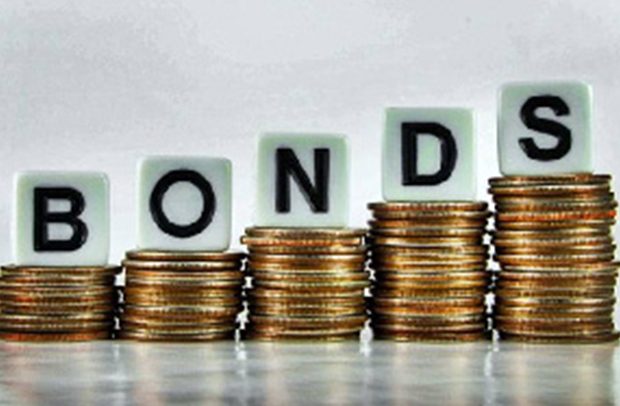In a decisive move to strengthen Ghana’s economy and reinforce investor trust, the government has fulfilled its financial obligations by disbursing GHS12 billion to bondholders under the Domestic Debt Exchange Programme.
This strategic payment, highlighted during the mid-year budget review presented to Parliament on Tuesday, July 23, demonstrates the government’s unwavering commitment to fiscal discipline and economic stability, as underscored by Finance Minister Dr. Mohammed Amin Adam.
Dr. Adam reiterated the significance of the GHS12 billion disbursement in instilling confidence in financial markets and solidifying the nation’s economic resilience. This pivotal transaction not only underscores the government’s responsible financial management but also aligns with the broader strategy of economic recovery and growth, setting the stage for sustained progress and stability.
The innovative Domestic Debt Exchange Programme, instrumental in managing and restructuring Ghana’s debt, has played a crucial role in realizing these economic objectives. By honoring commitments to bondholders through this program, the government has not only stabilized its debt profile but also bolstered investor confidence and paved the way for sustainable economic development.
This financial maneuver is part of a comprehensive set of measures geared towards enhancing the macroeconomic environment, as noted by Dr. Adam. Notably, the government has achieved notable milestones in stabilizing inflation rates, witnessing a significant 31-percentage point drop since 2022.
Moreover, strides have been made in stabilizing the exchange rate, showcasing the nation’s economic resilience and recovery trajectory.
Highlighting the government’s proactive stance in fortifying the nation’s financial position, Dr. Adam announced the bolstering of Ghana’s international reserves to 3.1 months of import cover. This enhancement serves as a robust buffer against external shocks, a testament to effective fiscal management and strategic collaborations with international partners like the International Monetary Fund (IMF) and the Paris Club.
The mid-year budget review further accentuated the government’s substantial investments in social programs and critical infrastructure projects. Over GHS5.4 billion has been disbursed for various initiatives such as the Livelihood Empowerment Against Poverty (LEAP) program, School Feeding Program, and National Health Insurance Scheme (NHIS), catering to the needs of vulnerable segments of society and ensuring social welfare.
Moreover, significant funding amounting to nearly GHS10 billion has been channeled into the road sector since January 2024, with key projects aimed at enhancing healthcare infrastructure, improving road networks like the Ofankor-Nsawam Road, and investing in water and sanitation facilities. Education, a priority for the government, continues to receive substantial financial backing, evident in the GHS1.5 billion investment in the Free SHS program in the first half of 2024.
Driven by a vision of economic empowerment and inclusive growth, the government has initiated a GHS8.2 billion program to empower small and medium-sized enterprises (SMEs), recognizing their pivotal role in job creation and economic advancement. This initiative seeks to provide vital financial assistance and resources to local businesses, fostering innovation, entrepreneurship, and sustainable economic development.
In line with the digital transformation agenda, the government has allocated GHS135 million towards the National Identification Programme, a strategic investment geared towards enhancing governance, optimizing service delivery, and ensuring universal access to essential services for every Ghanaian citizen. This concerted effort underscores the government’s commitment to leveraging technology for inclusive development and efficient public service provision.
By Vincent Kubi


